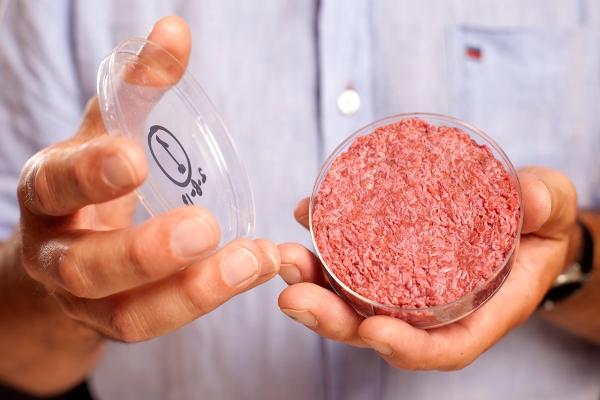Published on the 30/08/2017 | Written by Newsdesk

Report finds New Zealand farmers quick to adopt smart farming techniques, but unprepared for major technological disruption…
Just as we’re readying up our chompers for a synthetic meat product burger rounded off with a nice artificial dairy shake, news comes from Microsoft and Massey Business School that Kiwi primary producers aren’t prepping for this sort of alternate reality.
Actually, the report, which was funded through Microsoft’s Academic Programs initiative and prepared by Massey researchers, made no such forays into the future. What it did do was examine the impact on the sector of cloud computing – old hat, you say – and other potentially disruptive technologies.
Researchers interviewed technologists and members of the agrifood industry, and (unremarkably?) found a gap between how the two groups perceive the future.
“In the agricultural industry people are making pragmatic business decisions to invest heavily in technology,” said lead researcher Stephen Kelly in a statement, “but they firmly believe that tomorrow will be like today, just with more technology added.”
Meanwhile, he said, technologists are predicting change at an unprecedented rate, causing major disruption to business practices and models.
Technologists, of course, have a vested interest in that sort of a future.
Kelly said the significance of the findings should not be underestimated as there could be major implications for the sector. And he laid on the praise for forward-thinking, practically minded producers: “What the agrifood sector is currently doing is brilliant, they are agile, very accepting of new technology and continually looking for better ways of doing things. But most aren’t visualising what the industry will look like in 10 years time.”
He said New Zealand should prepare for the arrival of large, global corporates that can produce so efficiently that cost structures could be halved in a relatively short period of time.
“If that happened, most New Zealand businesses would not be able to compete using their current business models. There are only a few ways to compete: follow a corporate model but you need a lot of capital; find a niche, which is getting increasingly difficult; or take a collaborative network approach.
“Collaboration would allow smaller firms to get the benefits of associating with larger pillar firms that are better resourced and integrated into global networks.”
While technological developments will lead to improvements in efficiency and production, the report also recognises the potential for technology to improve environmental sustainability and better manage biosecurity risks.
“Better monitoring and control systems are key to reducing negative environmental impacts and closing biosecurity gaps,” Kelly said. “Cloud computing and the collection and sharing of more and more data means the industry can work together to improve practices in this space, and they know that’s important for their relationship with consumers and the New Zealand public.”
Microsoft CTO Russell Craig said the research adds to the collective understanding of the opportunities and challenges in the agrifood sector.
“It was particularly interesting to see that potential disruptions in the sector need more attention, and that the sector needs to embrace that disruption – we see opportunities for local economic development, creation of new tech-based businesses, and an increasing focus on the overall sustainability of the sector,” he added.
The report, he said, will ‘foster discourse about the best ways to sustainably grow these industries in the future’.



























